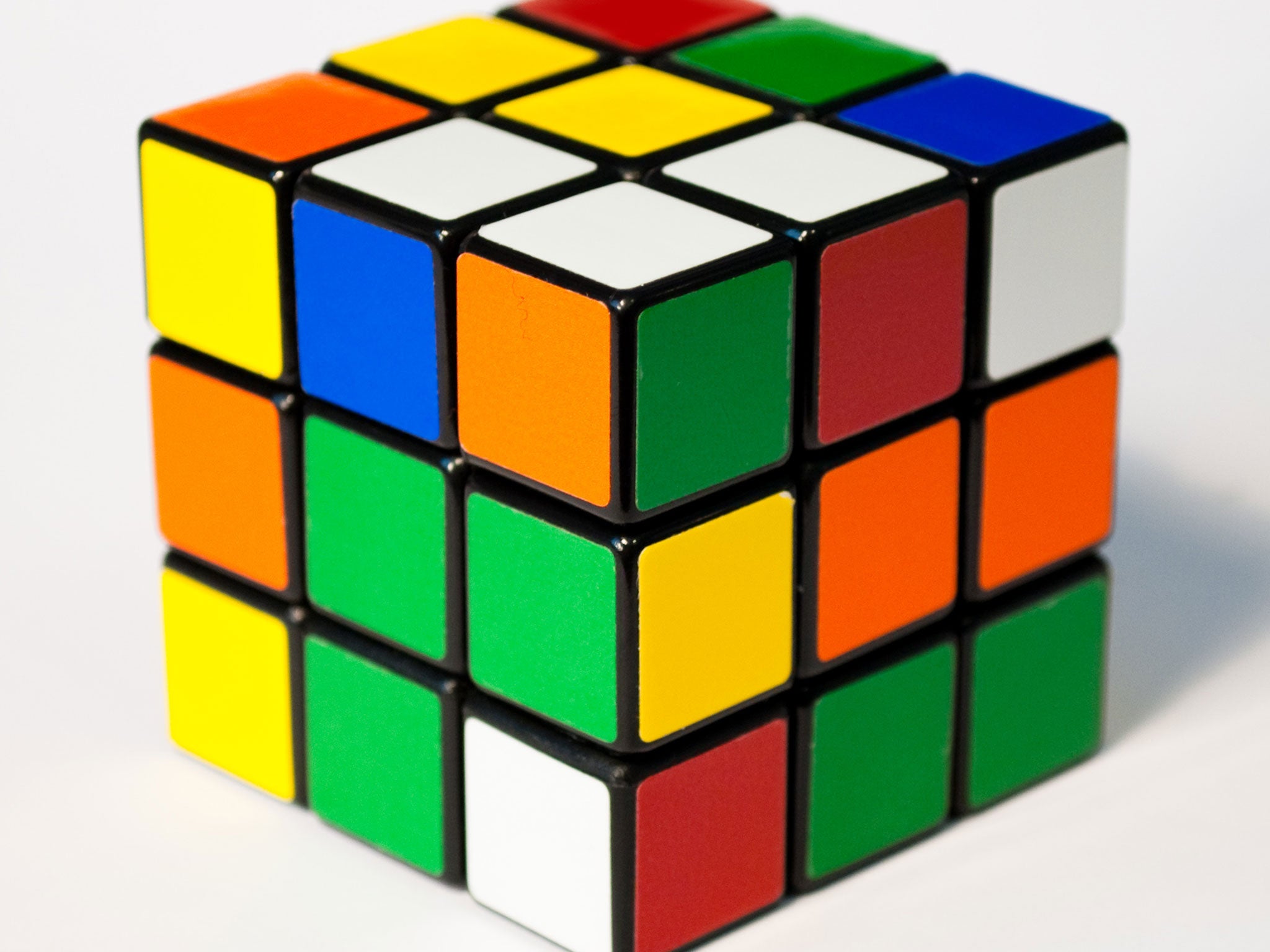Rubik’s Cube shape is not a trademark, EU rules
The 3D brainteaser invented in 1974 by Hungarian Erno Rubik is popular among young and old, with more than 350m cubes sold worldwide

The makers of the notorious Rubik’s Cube, the multicoloured puzzle that's kept small and big hands busy since the 1970s, have lost a key trademark battle after the European court of Justice (ECJ) said the toy’s shape alone was not sufficient to grant it protection against copycats.
The 3D brainteaser invented in 1974 by Hungarian Erno Rubik is popular among young and old, with more than 350m cubes sold worldwide. Its popularity has endured thanks to so-called speed cubing where competitors race to solve the puzzle.
British company Seven Towers, which manages Rubik's Cube intellectual property rights, registered its shape as a trademark in in the 1990s.
However, the German firm Simba Toys challenged the trademark protection in 2006, claiming the cube’s rotating capability should be protected by a patent, not a trademark.
The European Court of Justice (ECJ) agreed that trademark representing the shape of the Rubik’s Cube was invalid.
Patents allow inventors to block rivals from making commercial use of their inventions without their approval for a certain period of time while trademarks give intellectual property owners' an exclusive and perpetual right to their designs, logos, phrases or words as long as they use them
This means the game’s various licensed manufacturers could now face competition from mass-produced, cheaper imitations.
The ECJ judges said : “In examining whether registration ought to be refused on the ground that shape involved a technical solution, EUIPO and the General Court should also have taken into account non-visible functional elements represented by that shape, such as its rotating capability."
David Kremer, president of Rubik’s Brand in the UK, said he was disappointed by the ruling.
Rubik's Cube: Six sides, 54 squares. Just seconds to solve
Show all 4Kremer said: "While the Rubik Brand is fortunate in having other trademarks, copyright, passing off and unfair competition protection to rely on which will continue to ensure its exclusivity, this judgment sets a damaging precedent for companies wishing to innovate and create strong brands and distinctive marks within the EU, and is not what European lawmakers intended when they legislated for 3D trademarks."
“We are baffled that the court finds functionality or a technical solution implicit in the trademark.”
Alex Brodie, a partner with international lawyers Gowling WLG, said: "Simba Toys have been successful, after 10 years of legal wrangling, in getting rid of Rubik’s 3D cube trademark. This judgment underlines the law that trademark registrations should not be used to obtain an eternal monopoly on technical solutions or functional characteristics of products – that protection is something that may be covered by other rights such as patent law – protection that has a limited life unlike trademarks."
Additional reporting by Reuters
Subscribe to Independent Premium to bookmark this article
Want to bookmark your favourite articles and stories to read or reference later? Start your Independent Premium subscription today.

Join our commenting forum
Join thought-provoking conversations, follow other Independent readers and see their replies